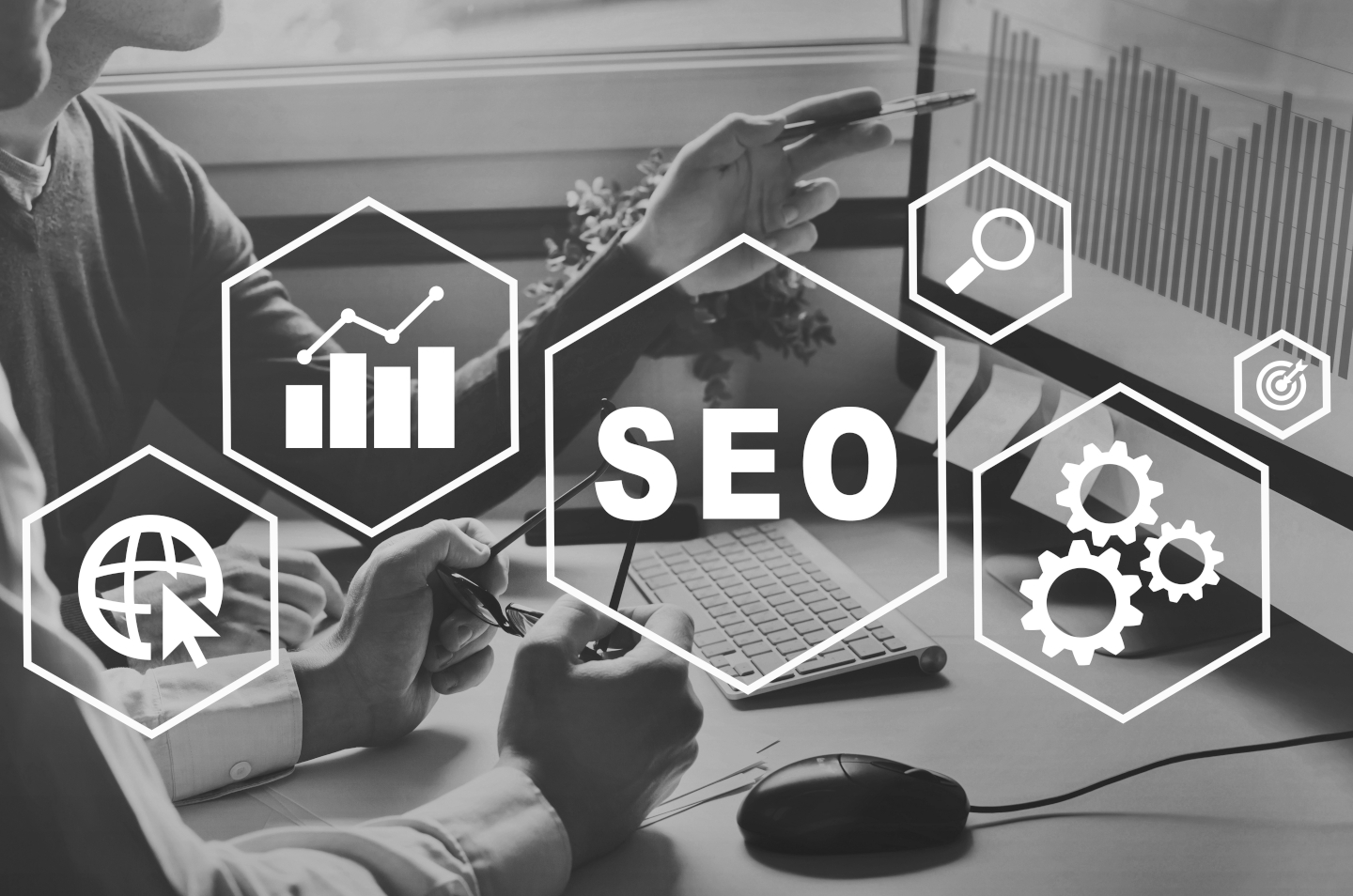Summary of 2022 in the SEO industry

Irena Zobniów
Co-founder & SEO Strategist at Insightland recaps the past year in the SEO industry, and discusses important trends and challenges we will face in 2023.
Contents
1. Event of the Year in the SEO/SEM industry
For most industry insiders, the most important event of the year was the SEO Poland conference, where we were able to attend lectures by SEO experts and practitioners with many years of experience. It was also a great opportunity to confront one’s own point of view on SEO strategy with those of other professionals. In the face of a fast-changing reality in the online landscape (resulting from both the geopolitical situation and changes in Google’s algorithm itself), each debate of this nature offers valuable insights to help us increase the effectiveness of our operations.
2. Key trends in the SEO/SEM industry in 2022. Trend for 2023
One of the key trends in the SEO industry was Google’s announcement of an update called HCU (Helpful Content Update), implemented in the last quarter of 2022. Along with the announcement of the upcoming Helpful Content Update, Google has also specified its scope. For website owners, and therefore for SEO specialists, this implied a detailed review of the site’s content for usability and consistency with user intent. Content created solely with search engine robots in mind, saturated with key phrases in an unnatural manner, runs the risk of diminishing the value of the entire website, and thus bringing down the website’s position in search results. In contrast, it can take up to several months to rebuild existing SEO results after the HCU. Forward-thinking SEO specialists began working on adapting content to the HCU guidelines as soon as Google announced the first details about it, while those who did not take the time to revise their content and make the necessary adjustments risked losing their previously achieved results.
Another trend that has become strongly visible in 2022 is the use of AI in content generation, which is now a matter of great controversy in the SEO / SEM industry. On the one hand, using machine-generated content can speed up certain activities and reduce their costs; on the other hand, this goes against Google’s search engine guidelines, where automatically generated content is considered to be non-compliant with Google’s rules. It is still unclear whether or to what extent Google is able to recognize content written using artificial intelligence. After all, it’s a battle of algorithm against algorithm, and given subsequent updates to the search engine in terms of content, it’s highly likely that Google’s ability to recognize auto-written content is only a matter of time.
3. Assessment of the impact of the war in Ukraine on the SEO/SEM industry in 2022.
The war in Ukraine had its impact on the SEO industry right from the first days of the conflict. Concerns about the escalation of the war to neighboring countries and the deteriorating economic situation at home prompted many of us to reconsider our priorities, redirecting our attention to keeping track of the geopolitical situation. For many e-commerce businesses, this has meant a loss of some revenue due to a decline in consumer interest in shopping or consumers making more prudent purchasing decisions (looking for promotions, buying only essential products). In order to respond to changes in user behavior online, it was necessary to remodel the product offering and revise the marketing message. From the SEO’s point of view, relying on historical data on trends or seasonality of key phrases has often proved to be an ill-advised strategy and required a much greater commitment to analyzing real-time data and making appropriate adjustments to the measures taken.
4. The biggest challenge for 2023.
By far the biggest challenge in the SEO industry in 2023 will be addressing the Google algorithm changes that have already been implemented and those that are scheduled for the near future. One example is the aforementioned HCU update, which requires regular analysis of search results in terms of user intent, or the implementation of “continuous scrolling” on desktop in SERPs, which will affect, among other things, display and CTR values for individual items. Estimating organic traffic in 2023 based on data available in GSC for 2022 and previous years will therefore have limited reliability.